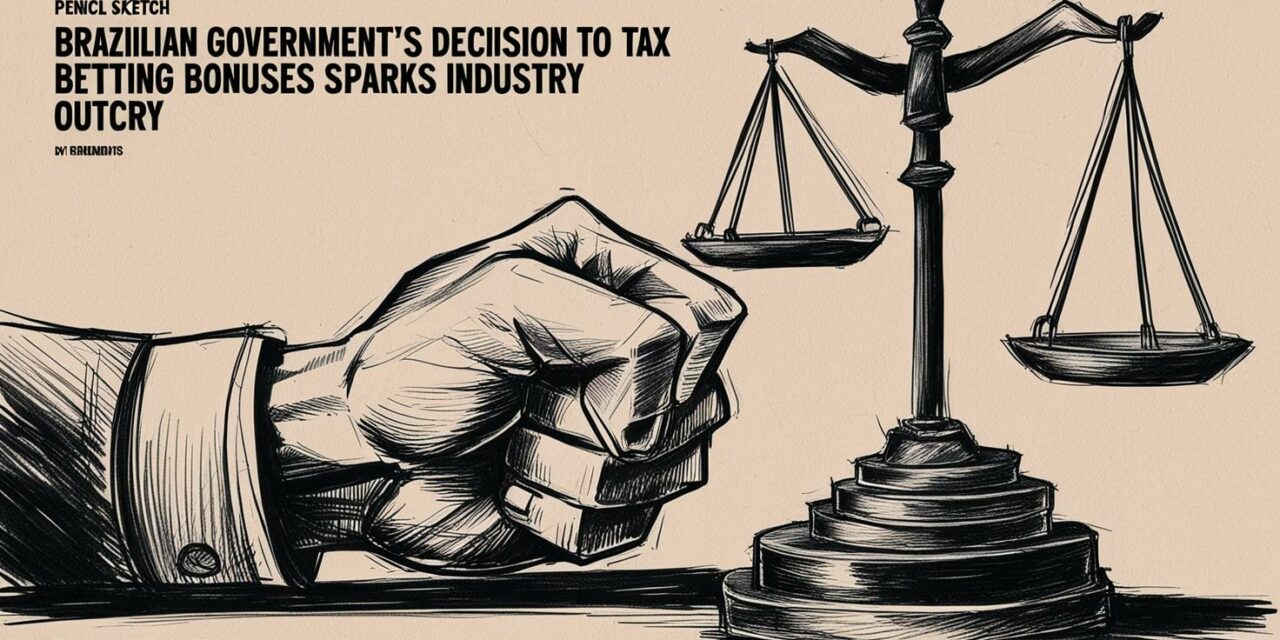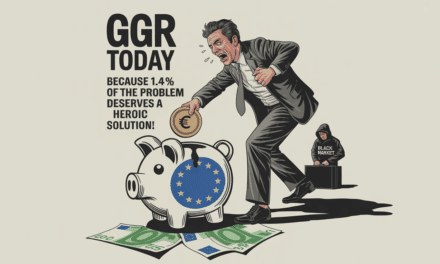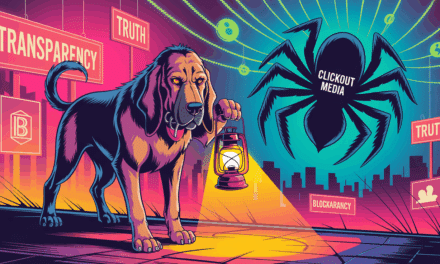Brazil’s Secretariat of Prizes and Betting (SPA) has announced plans to tax promotional bonuses offered by betting operators, classifying these incentives as part of the Gross Gaming Revenue (GGR). This decision, unveiled in late January, has ignited significant backlash from industry stakeholders who argue that such taxation lacks legal foundation and could undermine their promotional strategies.
The Role of Bonuses in Betting Operations
Promotional credits, are integral to bookmakers’ marketing efforts, serving to attract and retain customers. These incentives often allow newcomers to explore platforms without financial risk and reward loyal patrons on special occasions, such as birthdays. Operators contend that taxing these bonuses is misguided, as they represent a marketing expense rather than revenue. If a bettor loses using bonus credits, the platform gains nothing; if they win, the payout is a cost to the company.
Industry’s Perspective: A Desperate Revenue Grab?
Industry executives, speaking anonymously, describe the SPA’s measure as a desperate attempt by the government to bolster revenue amid fiscal challenges. They assert that there is no legal basis for this taxation within the current regulations governing betting activities. This sentiment reflects broader concerns about the government’s approach to regulating and taxing the burgeoning online gambling sector.
Government’s Justification: Ensuring Legal Certainty and Responsible Gambling
In response, the SPA maintains that the taxation of bonuses aims to enhance legal certainty, predictability, and the protection of bettors and public interests. The official statement suggests that without such taxes, there could be an excessive promotion of gambling, potentially conflicting with responsible gaming initiatives. This rationale indicates a governmental effort to balance industry growth with social responsibility.
A Pattern of Regulatory Tightening
This development is part of a broader trend of regulatory tightening in Brazil’s gambling industry. In November 2024, the National Consumer Secretariat (SENACON) issued Order No. 2,344/2024, banning gambling-related incentives and restricting advertisements targeting minors. These measures reflect growing concerns about gambling addiction and the need for stricter oversight of promotional activities.
A Potential Misstep in Policy
Critics argue that the government’s approach may be counterproductive. By taxing promotional bonuses, authorities risk stifling a key marketing tool that operators use to engage and retain users. This could inadvertently push bettors toward unregulated platforms that offer more attractive incentives without the burden of additional taxes. Moreover, the lack of clear legal grounding for this taxation raises questions about the policy’s legitimacy and potential challenges in its enforcement.
In conclusion, while the government’s intent to regulate the gambling industry and promote responsible gaming is commendable, the decision to tax promotional bonuses appears to be a contentious strategy. Balancing fiscal objectives with the operational realities of betting operators and the interests of consumers will be crucial in shaping a fair and effective regulatory environment.
Disclaimer: This article was enhanced using AI tools to ensure smooth content and imagery.





